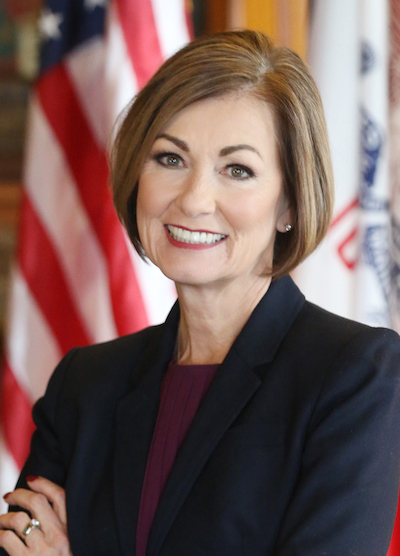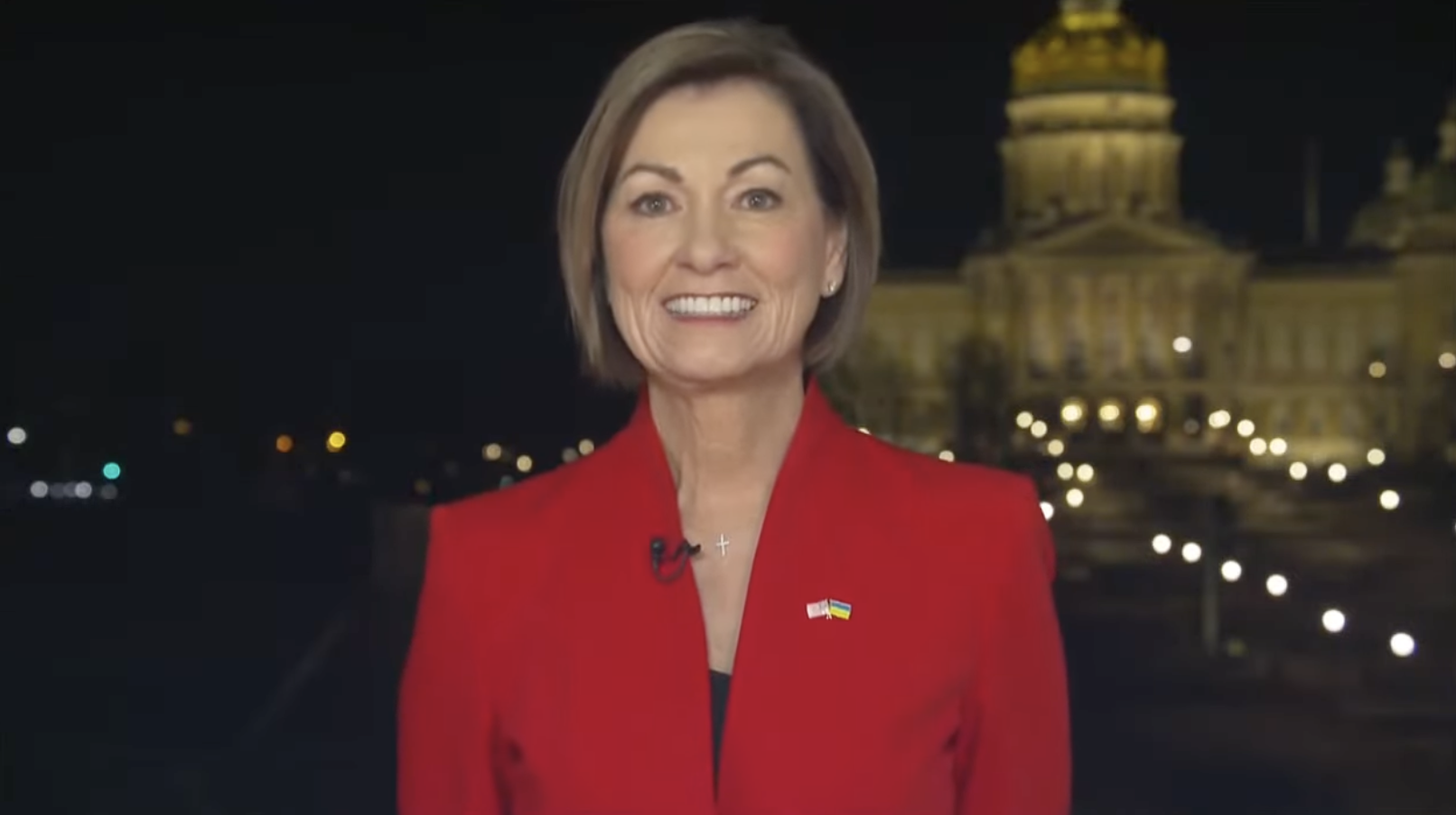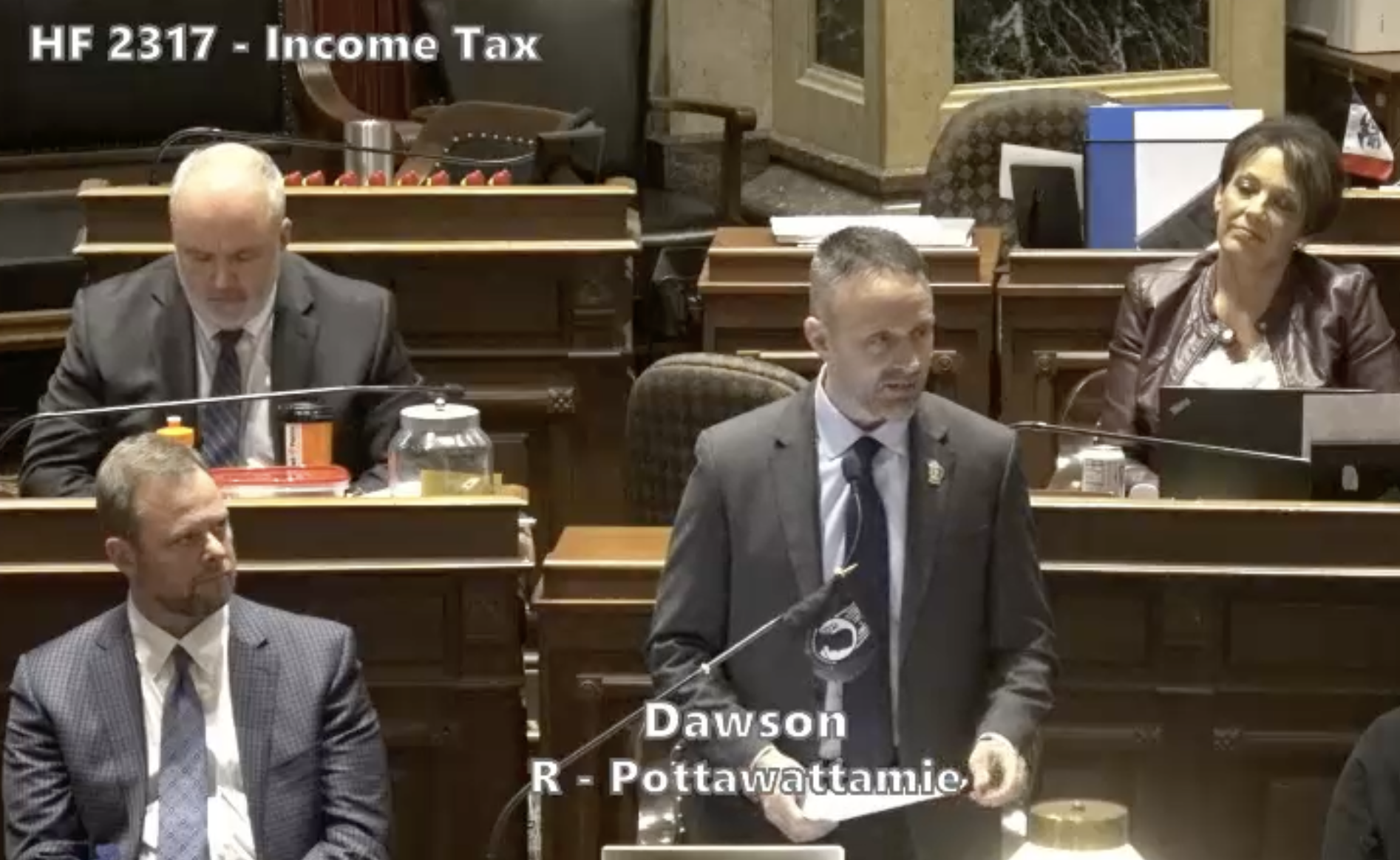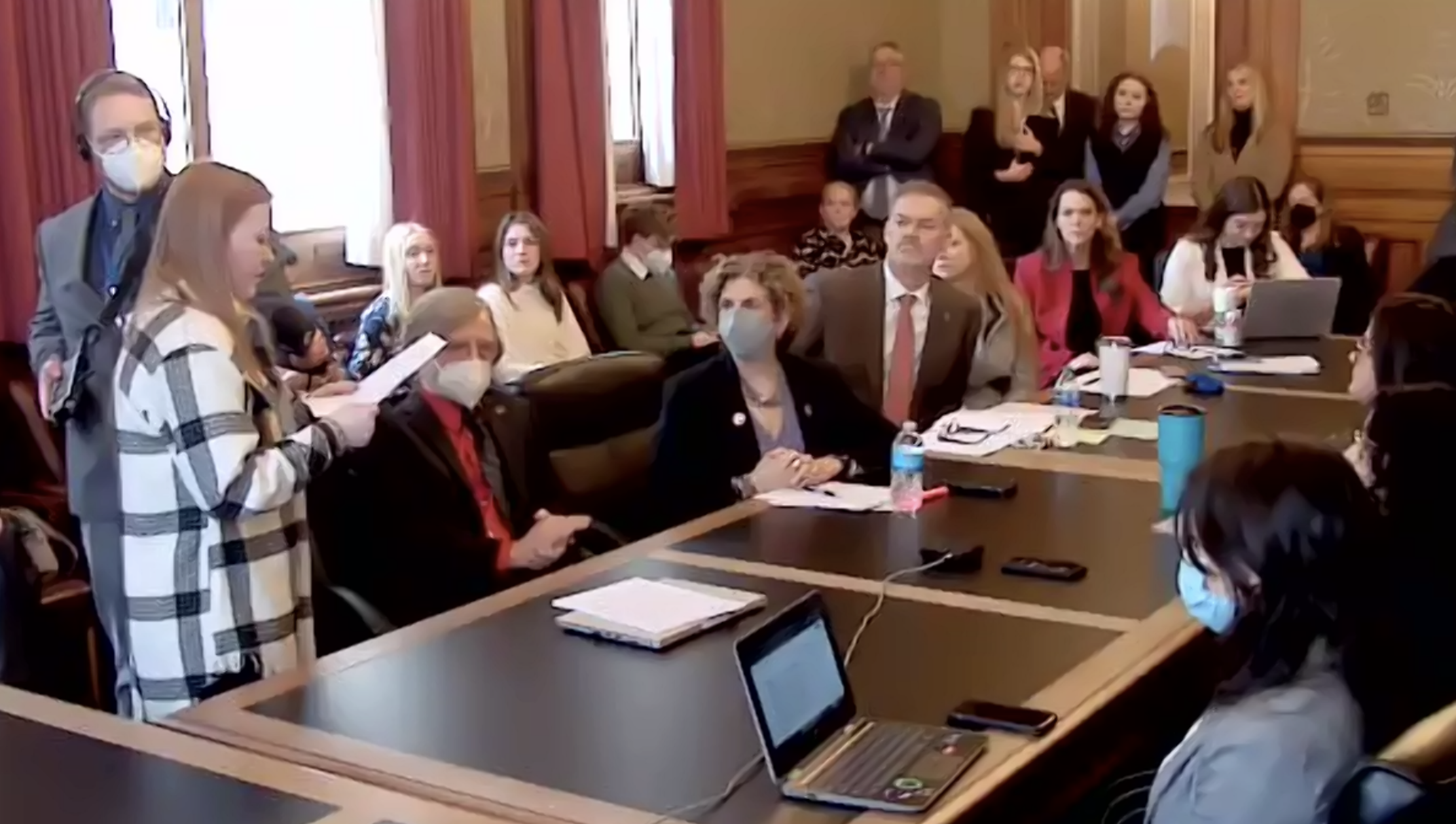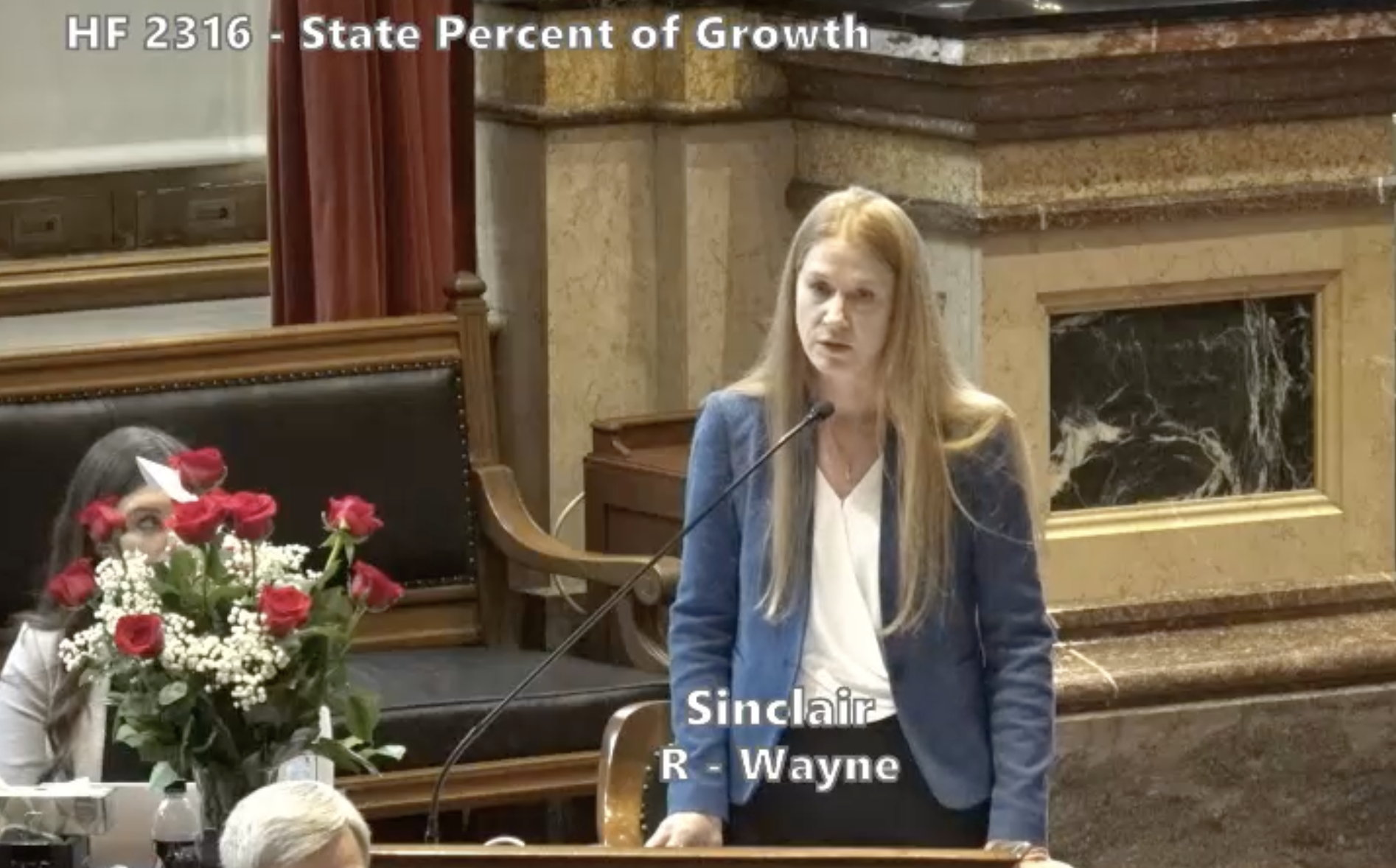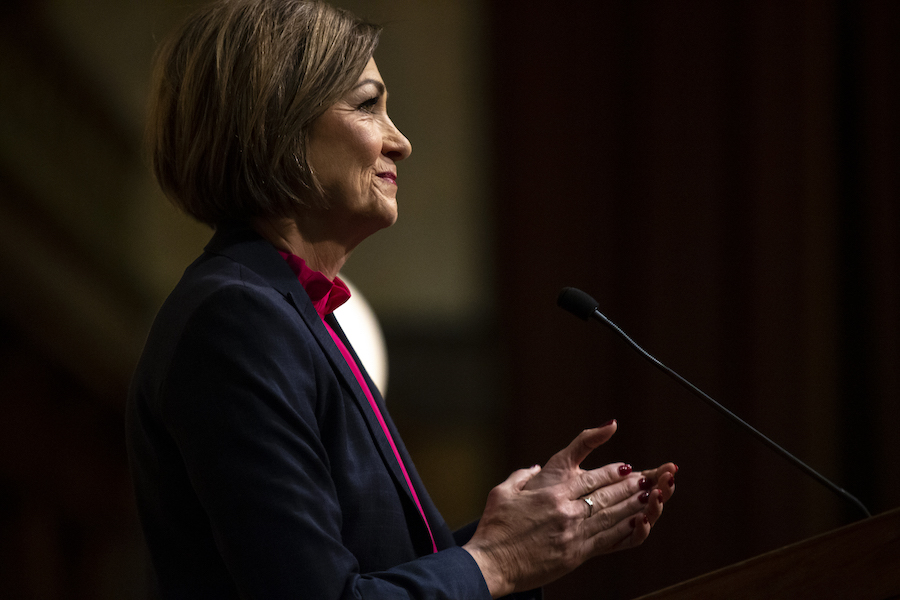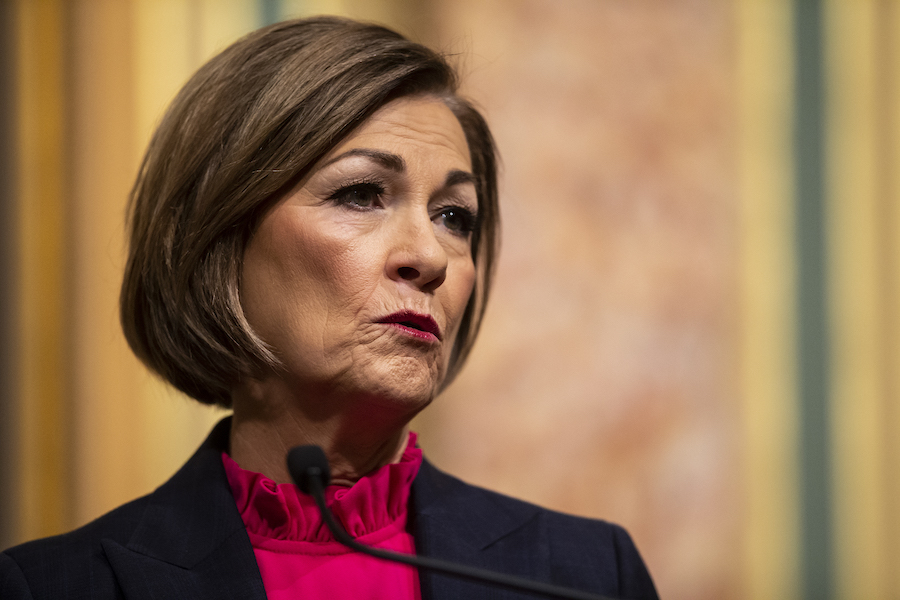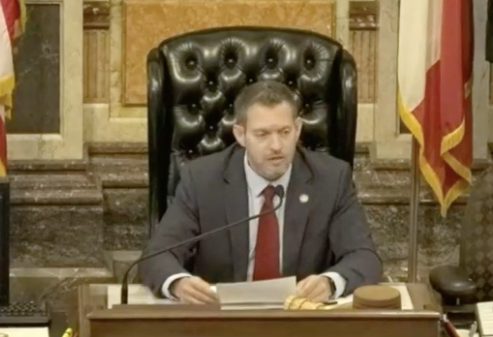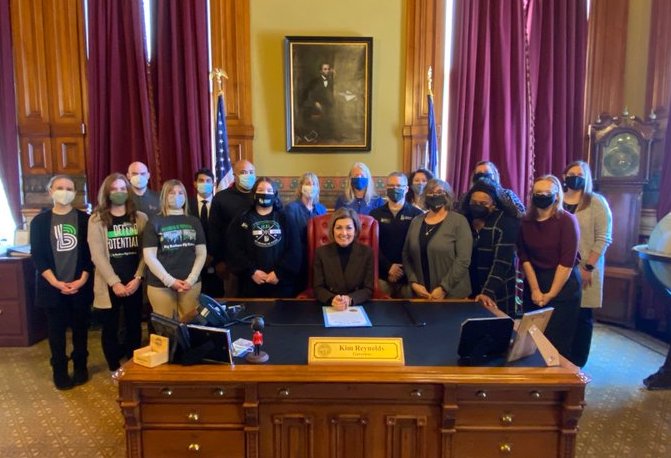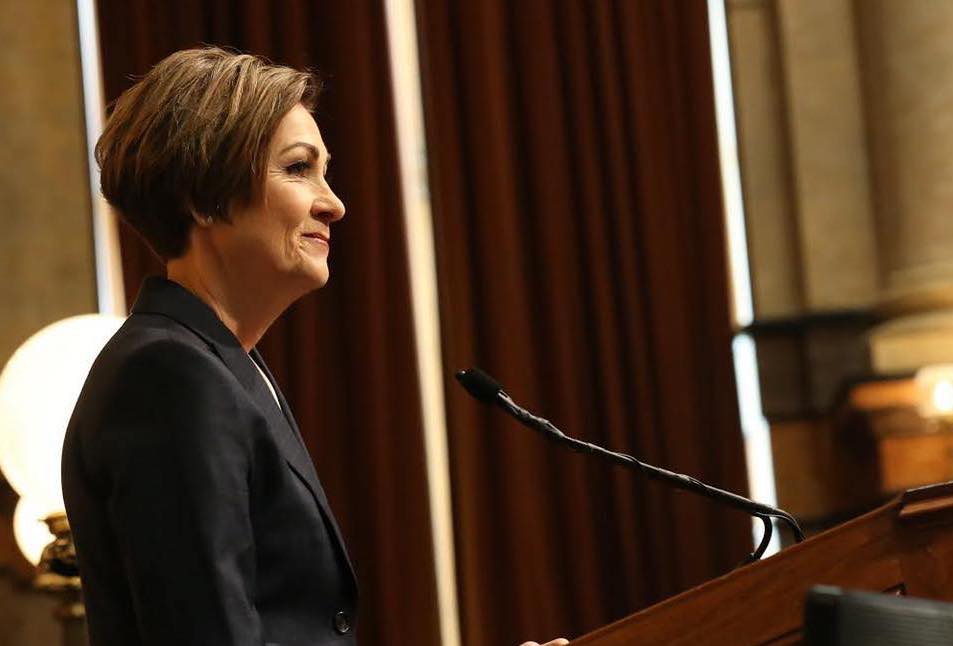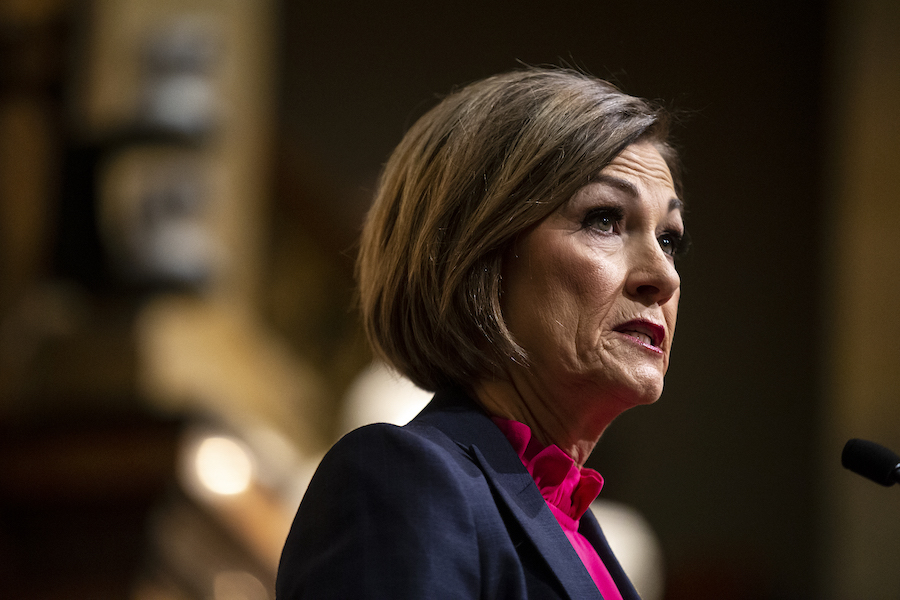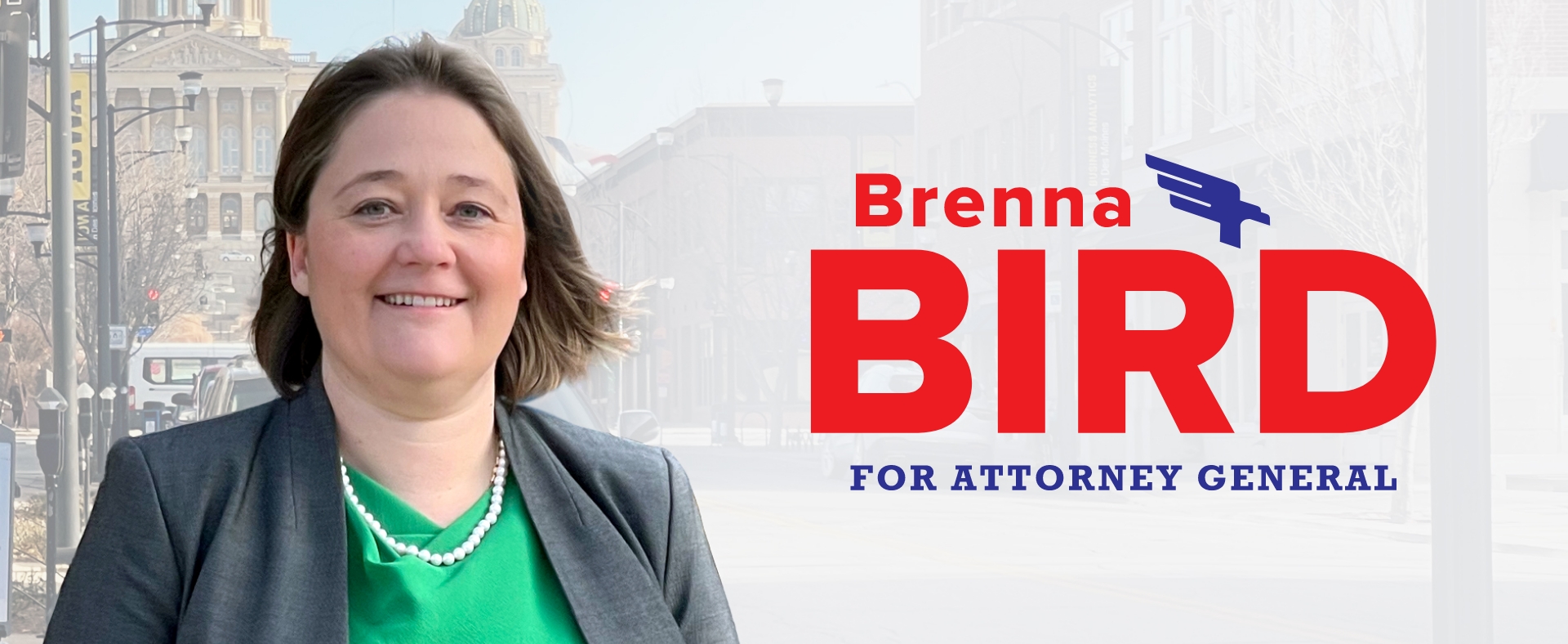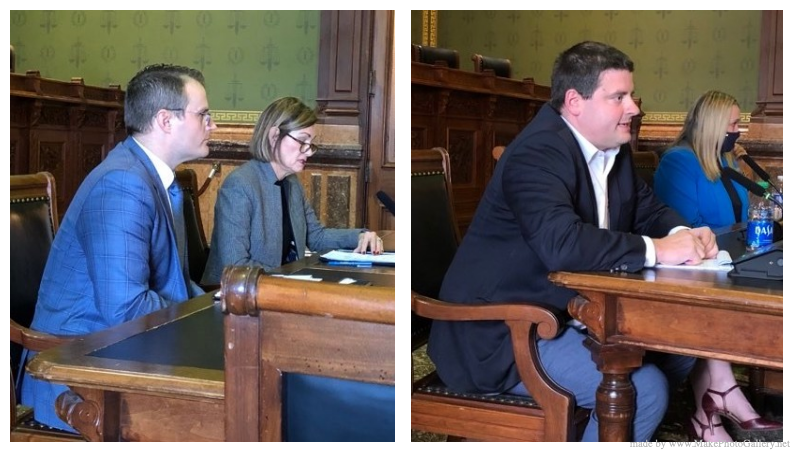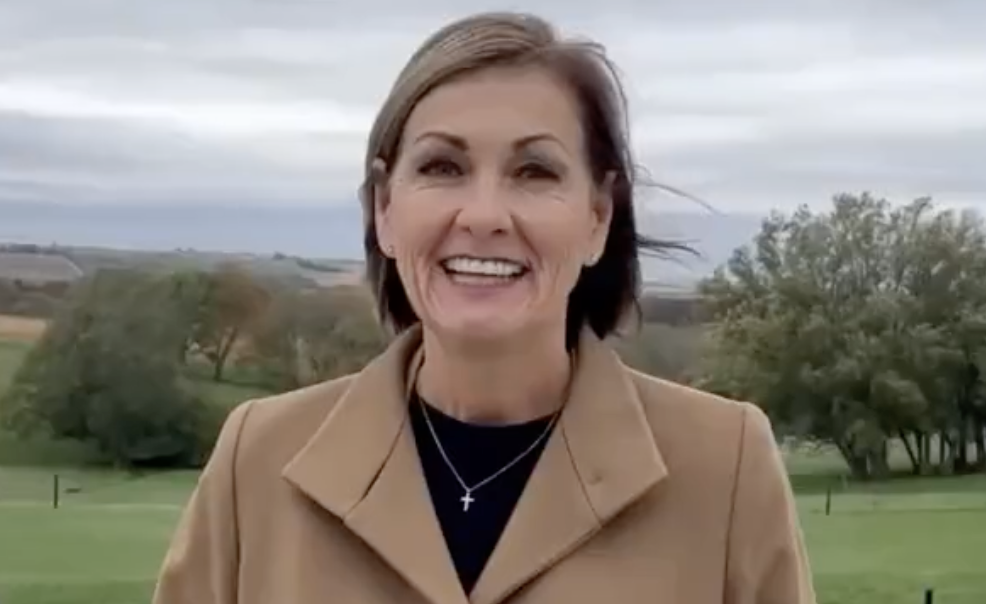The U.S. Treasury Department’s Office of Inspector General is reviewing documentation provided to justify Governor Kim Reynolds’ use of federal COVID-19 relief funds to compensate staff in her office, Deputy Inspector General Richard Delmar told Bleeding Heartland on March 14.
The State Auditor’s office concluded in November and reaffirmed this month that Reynolds used $448,449 in CARES Act funds to pay part of the salaries and benefits of 21 permanent staffers between March and June 2020 in order to “cover a budget shortfall that was not a result of the pandemic.” State Auditor Rob Sand called on Reynolds to return the money to Iowa’s Coronavirus Relief Fund before the end of 2021. The governor’s office has insisted its use of COVID-19 relief funds for staff salaries was justified.
When the State Auditor’s office published its findings in November, Delmar told Bleeding Heartland his office “has not initiated an audit of the Governor’s Office salaries and awaits resolution of this matter between the Iowa State Auditor and the Governor’s Office.”
Asked this week about the impasse between Reynolds and state auditors, Delmar confirmed via email, “We have requested documentation of the uses from the State Auditor’s Office and are in the process of reviewing it.”
Continue Reading...
